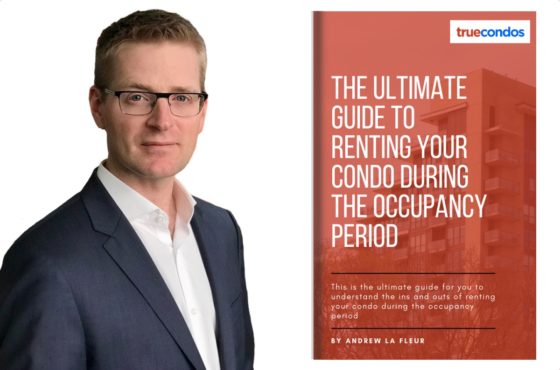Top-5 Things to Know about Buyer’s Remorse
So you bought your significant other a sweater the week before Christmas to give as a gift on December 25th. Then while you were out at the same store this week you noticed that same sweater is now 50% less than what you paid for it! This is a perfect time of year to talk about buyer’s remorse!
Here are the top-5 things every buyer, seller, or investor should know about buyer’s remorse:
- Everyone gets it. It does not matter if you are buying your first property for $200K, or your 10th property for $2M, everyone experiences buyer’s remorse when purchasing real estate. It’s a perfectly normal emotional state to be in, so if you are feeling it, relax! You’re normal.
- It comes in waves. Buyer’s remorse usually isn’t just a one-time feeling the morning after you signed an agreement of purchase and sale. It comes in waves and hits you at different times and with different negative thoughts.
- It goes away. Yes, it goes away in almost 100% of all cases! When buying for yourself, the simple act of moving into a property and making it your home is the most effective antidote to buyer’s remorse. When buying for investment, as time passes by and the property appreciates or the cash flow starts to come in, soon you will be looking for your next investment property to purchase.
- Seller’s get it too! Yes, you are not alone in this weird mental state known as buyer’s remorse. You are thinking you bought the wrong property, or you are worried you overpaid for it, while the seller is worried they sold it to the wrong person or they didn’t get enough for it. Seller’s are not immune to this feeling, and the sheer amount of money involved in most real estate deals makes everyone involved lose a little sleep from time to time.
- It’s almost always irrational and emotionally based. Buyer’s remorse is an instinctual process our minds take us through as a means of self-preservation when we make large (or sometimes very small) purchases. But almost always the thoughts our minds have are irrational and we try to illicit an internal emotional response to solidify the purchase as ‘good’.
The best advice I have for my buyer clients who are going through the ups and downs of buyer’s remorse is to trust their initial gut feeling. In my experience, your initial gut feel for a property (once you have been educated on the market in general and are ready to make a decision) is the most accurate measure of how you really feel about a property. As much as we try to rationalize the buying and selling of real estate, it will always be an emotional process to some extent! Questions or comments? Contact me or leave a comment below.



